
List of Products Requiring NOM Certification
Mexico, along with the United States and Canada, is one of the three members of the North American Free Trade Agreement (T-MEC). Therefore, Mexico serves as a strategic and advantageous gateway for producers to enter this vast trade area.
All products sold in Mexico must comply with the Mexican Official Standards, known as Norma Oficial Mexicana (NOMs). These are the primary mandatory standards established within Mexico’s national quality infrastructure. Next, we will delve into the world of NOM, exploring its importance and the nom certification process. You will learn how to ensure your business compliance in Mexico and how NOM protects consumers' interests in the Mexican market.
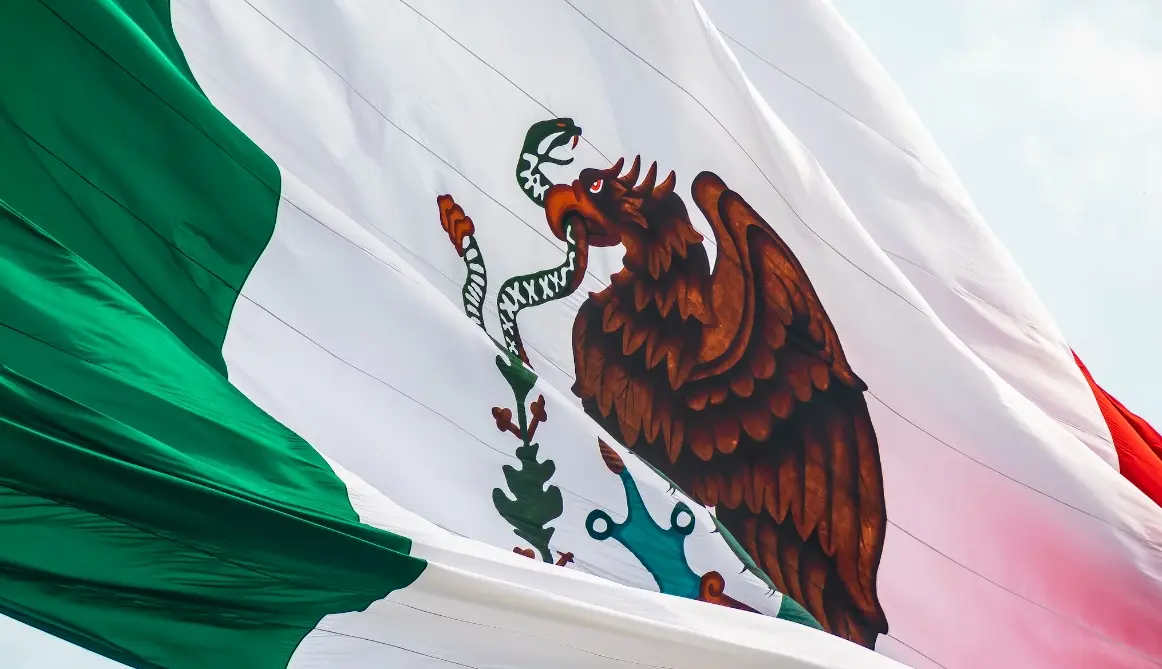
Norma Oficial Mexicana (NOM)
NOM covers various industries, including electronics, automotive, food and beverage, and environmental protection. Manufacturers, importers, and distributors aiming to enter or operate in the Mexican market must comply with NOM regulations.
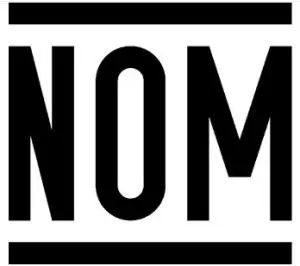
NOM is a crucial pillar of the country’s regulatory framework. These standards are developed and approved by several agencies of the Mexican federal government to ensure product quality and safety while protecting consumers and the environment. They include specific mandatory requirements and procedures.
NOM may include requirements for product design, production, or operation, as well as requirements related to symbols, packaging, or labeling.
Which Products Require NOM Certification?
In Mexico, over 2,000 product categories require NOM certification. Products needing NOM certification include, but are not limited to:
- Electrical appliances: Household appliances, lighting equipment, and electronic components.
- Automotive products: Vehicles, tires, and automotive spare parts.
- Health and safety-related items: Pharmaceuticals, medical devices, and personal protective equipment (PPE).
- Consumer goods: Textiles, toys, and furniture.
- Food and beverages: Processed foods, beverages, and food additives.
- Telecommunications equipment: Devices and infrastructure related to communication technology.
- Environmental protection products: Equipment and technologies for environmental protection and pollution control.
- Industrial equipment: Machinery and tools for various industries.
NOM Certification Standards
Generally confirmed based on the product's HS Code:
- IT products & data transmission equipment: NOM-019-SCDI
- Electrical and lighting products: NOM-003-SCFI-2000
- Electronic products: NOM-001-SCFI
- Household appliances: NOM-003-SCFI
- Office electronics: NOM-016-SCFI
- Wireless and communication products: NOM-EM-016-SCFI
How is NOM Compliance Assessment Conducted?
Before selling products in the Mexican market, companies must prove their products comply with the relevant Mexican official standards. This is where NOM certification comes in.
To comply with NOM and obtain certification, companies must ensure they can provide formal documentation proving their goods and products meet the authorities' requirements and specifications.
Applicants are advised to work with formally recognized and approved certification bodies for the NOM certification compliance assessment process.
Steps to Obtain NOM Certification
1. Determine Applicable NOM Regulations: The first step is to identify which NOM regulations apply to your product. You can check the official Mexican standards database on the Mexican Ministry of Economy website or seek assistance from external experts.
2. Gather Product Documentation: It is crucial to have up-to-date product documentation, including technical specifications, test reports, and labeling information. These documents will be used to assess whether your product meets applicable NOM requirements.
3. Test the Product: To gain market access, your product must undergo laboratory testing to ensure it meets applicable NOM requirements. These tests should be conducted by a laboratory recognized in Mexico or an accredited body under a Mutual Recognition Agreement (MRA) approved by the Mexican Ministry of Economy. JJRLAB is qualified to provide NOM certification services and can help you save 40% on certification costs.
4. Obtain the NOM Certificate: Once your product passes testing, you will receive a test report. With this report, you can apply for a NOM certificate from certification bodies like NYCE, approved and recognized by Mexican authorities. If your product meets applicable NOM requirements, the certification body will review your product documentation and test results and issue a NOM certificate.
5. Mark Your Product with the NOM Mark: Once you have the NOM certificate, you can mark your product with the NOM mark. The NOM mark indicates that your product complies with applicable NOM requirements. Products bearing the NOM mark can enter the Mexican market without hindrance during import, transport, and/or commercialization.
The NOM certification process can be cumbersome and time-consuming, but it is essential to ensure your product meets Mexican market requirements. By following the steps above and collaborating with certification bodies like JJRLAB, you can ensure your product is correctly certified and successfully enters the Mexican market.
Email:hello@jjrlab.com
Write your message here and send it to us
 ASTM D4169 Drop Test
ASTM D4169 Drop Test
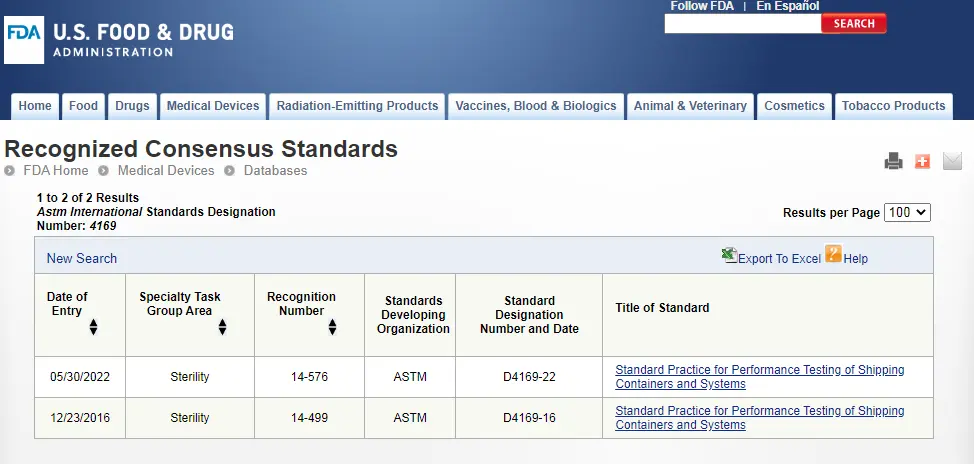 ASTM D4169 Packaging Simulation Transportation Tes
ASTM D4169 Packaging Simulation Transportation Tes
 What is ASTM D4169 Testing?
What is ASTM D4169 Testing?
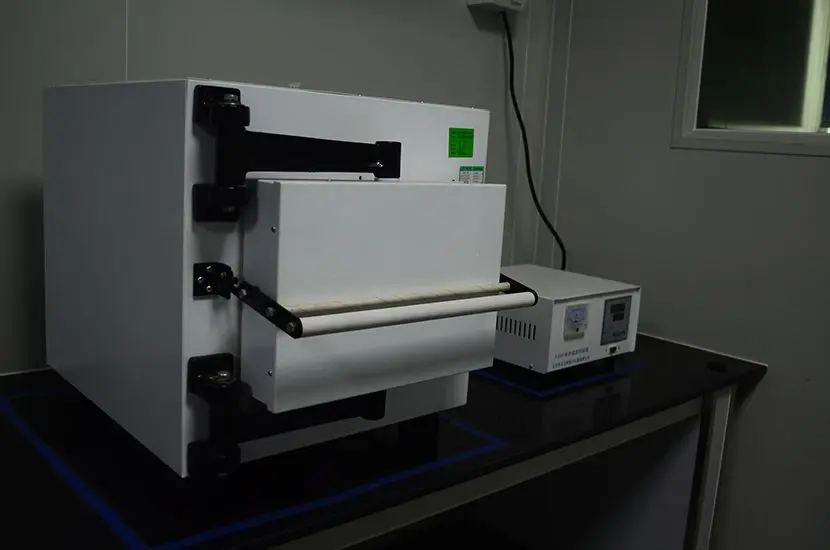 ASTM D4169-23 Test Standard Revision
ASTM D4169-23 Test Standard Revision
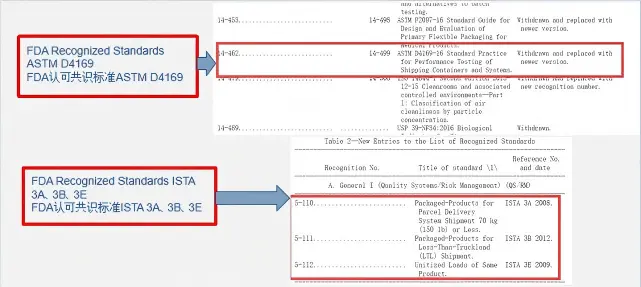 Transport Simulation Testing for Medical Device Pa
Transport Simulation Testing for Medical Device Pa
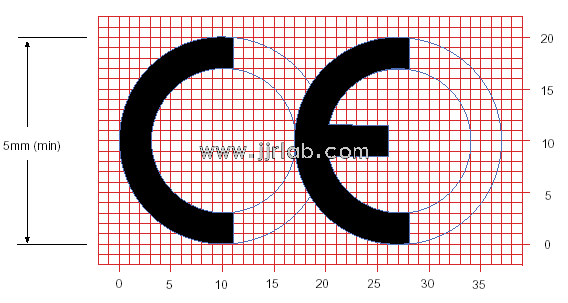 EU CE Certification Guidelines for Lighting Fixtur
EU CE Certification Guidelines for Lighting Fixtur
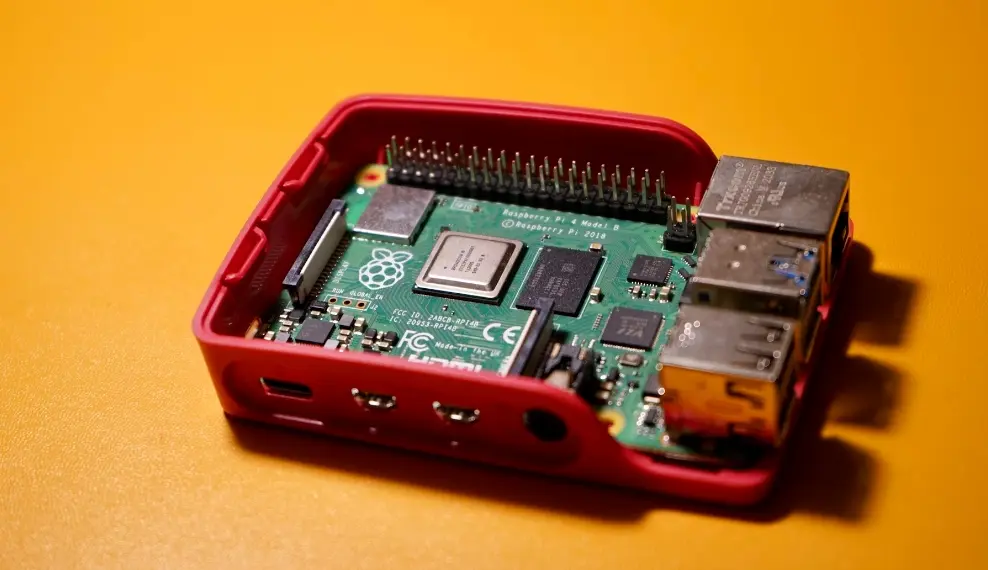 Lithium Battery Export: CB Certification & IEC
Lithium Battery Export: CB Certification & IEC
 How to Apply for One FCC Certificate for Multiple
How to Apply for One FCC Certificate for Multiple
Leave us a message
24-hour online customer service at any time to respond, so that you worry!




